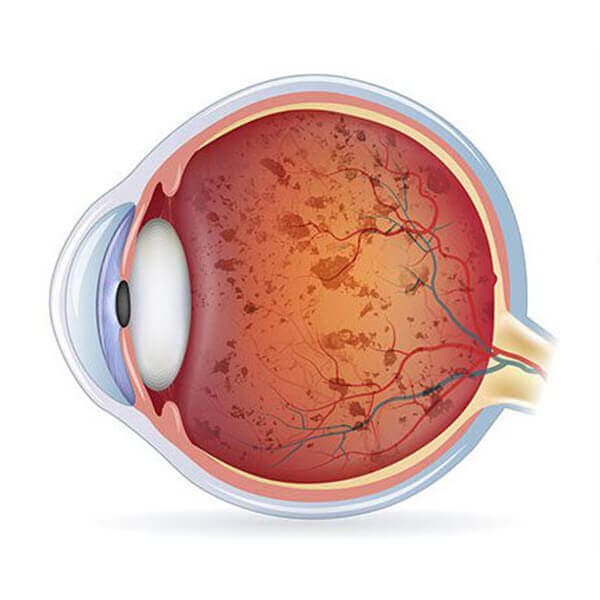


Retinitis pigmentosa (RP) refers to a group of eye diseases that can cause blindness. What they have in common are specific changes in your doctor's retina, which is a bundle of tissue at the back of your eye. When you have RP, photoreceptor cells in your retina stop working properly, and you gradually lose sight.
It's a rare condition that is passed down from parent to child. It affects only one in every 4,000 people. Approximately half of all people with Retinitis Pigmentosa have a family member who also has the condition.
Retinitis Pigmentosa signs and symptoms A teen or young adult is most likely to be diagnosed with RP. Vision loss is gradual, and the rate of change in vision varies from person to person. Your Retinitis Pigmentosa genetic makeup determines the speed at which it moves.
Sometimes you lose your peripheral vision first. Then reading or doing close work is difficult. Colour vision is also affected by this loss of central vision.
VissionTip : If you have Retinitis Pigmentosa, and plan to have children, you might want to speak with a genetic counselor to learn about your chance of passing this eye condition to your children.
